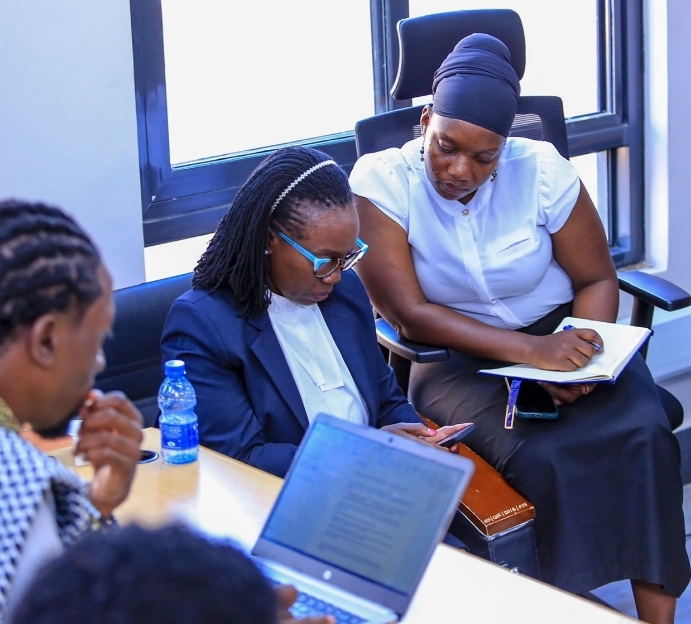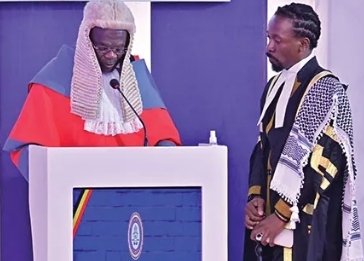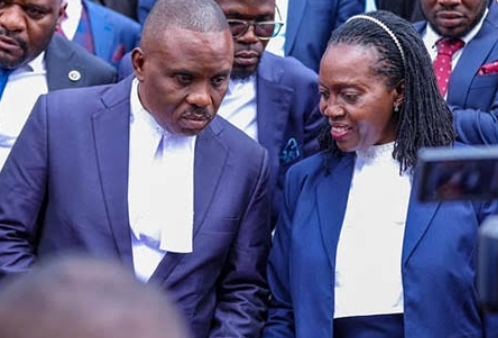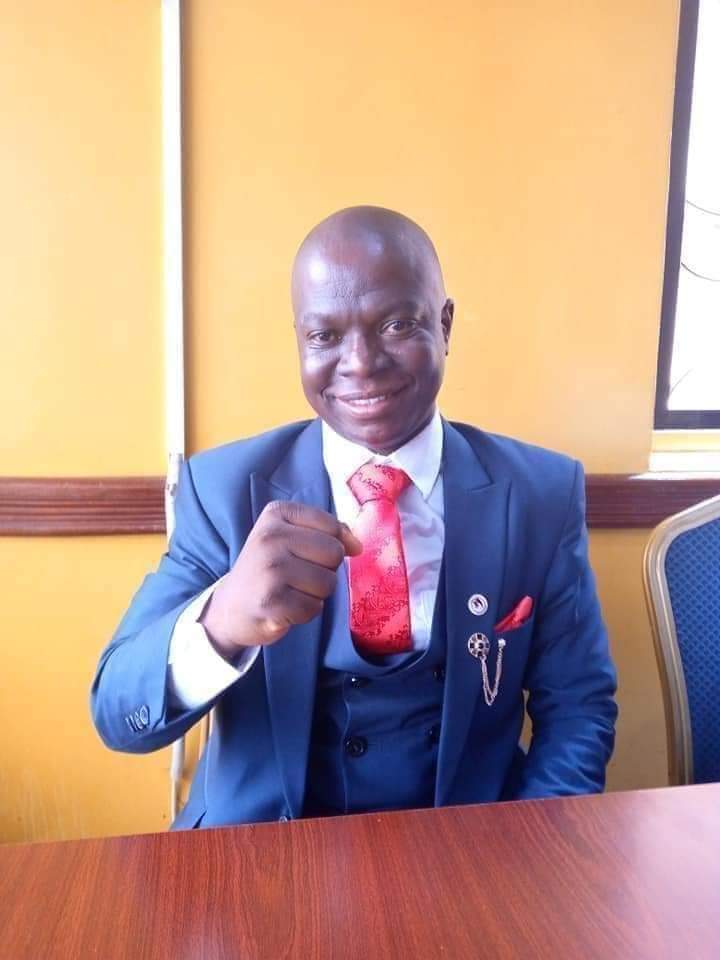The Uganda Law Society (ULS) has formally called on the Law Council to reconsider its decision to deny Kenyan lawyer Hon. Martha Wangari Karua, SC, a temporary practicing certificate under Section 18 of the Advocates Act, Cap 295. In a detailed letter addressed to the Secretary of the Law Council, Ms. Margaret K. Nabakooza, the ULS emphasized the importance of fairness, regional cooperation, and adherence to constitutional principles.
The controversy began when the Law Council rejected Hon. Karua’s application on December 6, citing several factors, including the absence of a mutual recognition agreement between Uganda and Kenya. This decision sparked backlash from legal bodies across East Africa, with many arguing that it undermines regional integration and the right of individuals to legal representation by a counsel of their choice.
The ULS highlighted four primary concerns with the Law Council’s decision: Fairness and Natural Justice: The Law Council failed to provide Hon. Karua an adequate opportunity to respond to the objections raised against her application, violating principles of natural justice and Article 42 of Uganda’s Constitution.
Regional and International Standards: The decision disregarded the East African Community Treaty, which promotes cross-border cooperation and integration. The ULS argued that denying the application risks damaging long-standing reciprocity between Uganda and Kenya in legal practice.
Right to Counsel: The decision infringes on the constitutional right of accused persons, Dr. Kizza Besigye and Haji Obeid Lutale, to be represented by a lawyer of their choice, as guaranteed under Articles 28(3)(d) and 44(c) of Uganda’s Constitution.
Professional Standards: While concerns about mutual recognition agreements were noted, the ULS urged that such matters should not impede justice and could be addressed through dialogue.
In its letter, the ULS proposed:
A fresh, impartial review of Hon. Karua’s application.
The formation of a regional working group to develop frameworks for cross-border legal practice.
Continued dialogue between stakeholders to harmonize practices in the East African legal profession.
The ULS reiterated its readiness to assist the Law Council in resolving the matter and emphasized its commitment to upholding justice, professional standards, and regional integration.
Broader Implication is that this case has attracted significant attention, with statements from the East African Law Society, the Law Society of Kenya, and Ugandan Advocates in Kenya underscoring the importance of cross-border legal cooperation. Observers believe that the outcome of this matter could set a precedent for future applications involving foreign lawyers in Uganda and other East African nations.
As the region works toward deeper integration, the ULS has called for fair and principled decision-making that aligns with constitutional and international obligations.
The Law Council is yet to respond to the ULS’s letter, but all eyes are now on the handling of Hon. Karua’s fresh application, filed on December 24, as stakeholders await a resolution that balances professional standards with the need for justice and regional unity.
![]()




























